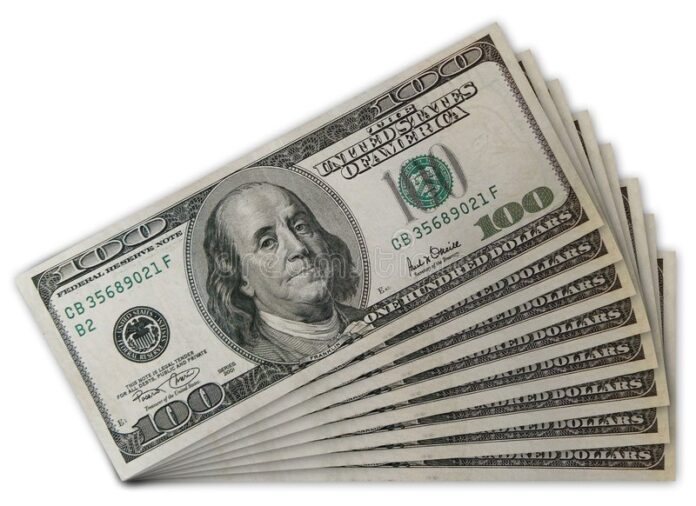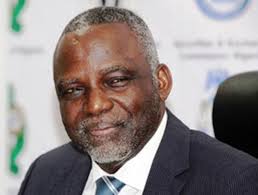Capital inflow reduces to lowest since 2016
By Jeph Ajobaju, Chief Copy Editor
Capital inflow slashed 31 per cent from $9.7 billion in 2020 to $6.7 billion in 2021, the lowest in five years, according to National Bureau of Statistics (NBS) data for the fourth quarter ended December 2021 (Q4 2021) just released.
Nigeria attracted its lowest foreign capital inflow since 2016 when it totalled $5.12 billion. The economy is suffering from a foreign exchange (FX) crunch, hit by decline in foreign inflows in investments and remittances.
When the $2.38 billion loan Abuja obtained in 2021 is deducted from the $6.7 billion, it means only $4.32 billion was capital importation.
Foreign direct investment (FDI) was $698.78 million in 2021 which is 32 per cent less than $1.03 billion in 2020 and also the lowest on record, based on annual data.
Foreign portfolio investment (FPI) equally fell to its lowest in five years at $3.39 billion, dipping 34.1 per cent against $5.14 billion in 2020.
Most FPIs were received through $2.61 billion investment in money market instruments, according to the NBS.
__________________________________________________________________
Related articles:
Foreign investment drops 34% to lowest in 5 years
Capital inflow rises to $30b, boosted by borrowings
Diaspora remittance rebounds to $9.22b
Nigerian firms receive $19.1b investments
__________________________________________________________________
Inflows by sector
Foreign investment inflows by sector in 2021 as reported by Nairametrics are as follows:
- Shares – $1.09 billion (16.3 per cent of total the $6.7 billion)
- Banking – $1.46 billion (21.8 per cent)
- Manufacturing – $934.11 million (13.9per cent)
- Financing – $784.23 million
- Tanning – $645.59 million (9.6 per cent)
Inflationary pressure
External reserves continue to dwindle following negative foreign trade balance in 2021 and falling capital importation. Insecurity is a major factor militating against foreign direct investment.
There is also double-digit inflationary pressure, exchange rate volatility, and energy crisis which has shot the price of diesel to record highs. This has raised the cost of transportation with multiplier effect on goods and services across the board.
If the trend of lower foreign inflows continues, it could prevent external reserves from intervening in the official FX market and weaken naira exchange rate further.
Nigeria needs to improve export capacity to earn FX to foot import bill and bolster foreign reserves.















